Making the Most of Hashtags for Your Business
This blog post was written by:
Hashtags aren’t just for millennials promoting their Instagram pictures; they’re for your business, too. A simple yet creative hashtag that combines words can effectively bring your brand to life.As you may have read in our recent blog , hashtags are a great way to promote your social media. Hashtags are used for two main reasons: to catalogue your posts and to get recognised. The latter is the most important as, in today’s culture, the number of likes and followers does matter.Beyond the standard description, association, and consistent hashtags we previously outlined, promotional hashtags are a useful tool for business marketing. A promotional hashtag can either use your brand/product or be unbranded yet can be used for sales/promos, contests, a series, or even events. Viewers of your content will be able to immediately recognise your brand and your message.
For a hashtag to be effective, there are some guidelines it must follow. Your hashtag should be memorable yet easy to understand even at just a glance. It also shouldn’t be too long so it can fit across all of your social media channels including Twitter which has a limited character count. Additionally, the hashtag must also be consistent with its characters whether it’s on Twitter, Facebook, Instagram, or elsewhere.Here at Digity, we produce marketing tips each week with our hashtag #DigityTipTuesday. This hashtag successfully catalogues each of our marketing tip posts and also gives our followers the ability to track past posts and anticipate more updates. Notice that our hashtag utilises capitalisation, however, even without capital letters, users can still discern the different words and meaning.
A promotional hashtag can be creatively used in your social media. Some work very well inter-sententially while others are best used in postscript. Regardless of where you use them, all hashtags must be free of punctuation as this format is not supported. For example, Specsavers use the word “should’ve” throughout their marketing (as in, “Should’ve gone to Specsavers). However, their hashtag is “shouldve” without punctuation. Likewise, spacing can’t be used as it will also disrupt the hashtag.
Hashtags can inspire your marketing team to be more creative than ever. Take Domino’s, for example. With each tweet by Twitter users featuring their #LetsDoLunch campaign hashtag they took a penny off the price of their pepperoni pizza. Of course, hungry tweeters went nuts trying to lower the price and Domino’s received a lot of great praise and welcomed publicity.The most important thing with hashtags for business is research. It is imperative that your promotional hashtag isn’t also used by a competitor or, even worse, associated with unsavoury content. Combining words can be effective for some hashtags yet highly detrimental for others. For example, the hashtag to discuss Margaret Thatcher’s death, #nowthatchersdead, started a rumour that Cher, in fact, had died (#NowThatchersDead vs. #NowThatChersDead). Likewise, #blackhatebook, which was for the Black Hat eBook, was read as “Black Hate Book.”
Possibly the most iconic hashtag mishap was done by 2009 Britain’s Got Talent contestant Susan Boyle (or her PR team). To promote her new album, they used the hashtag #SusanAlbumParty which, without capitalisation, turned quite unfortunate.Once you have finalised a unique yet non-offensive hashtag, it can be used throughout your marketing as the majority of social media platforms support hashtags. Additionally, your hashtag can be printed on anything from business cards to billboards to an ad in a magazine. Especially if it’s interesting and relevant, users will type in your hashtag to see more of your content.
But, if you’ve found the holy grail of hashtags, how do you keep others from using it, or, rather, misusing it? As it stands, it may be difficult for brands to trademark their hashtags as section 3(1)(b) of the Trade Marks Act 1994 states that a trademark will be refused if it is “devoid of any distinctive character.” Of course, this is a great way to keep brands from monopolising common words (such as #marketing), but it makes it difficult for a brand such as Specsavers and #shouldve (although this was just approved in August 2016).If your hashtag contains a trademark within it, such as #smilewithacoke, it’s likely to pass and become trademarked. Successful trademarks include #likeagirl by Proctor & Gamble and #reimagined by Etihad Airways. But, the larger question remains: are you willing to enforce your trademark throughout all of social media? This would include scouring each site with a hashtag search, contacting the owner of the account, and receiving a positive removal of the post. While not impossible, there seem to be better (and more valuable) ways to spend your time.If you’re looking to bring value to your business through social media, get in touch with us today. We specialise in delivering opportunities that matter.





